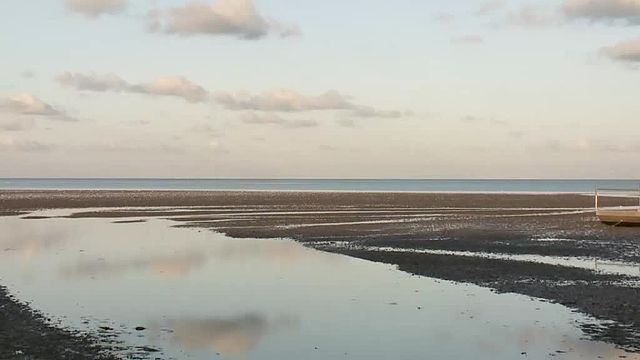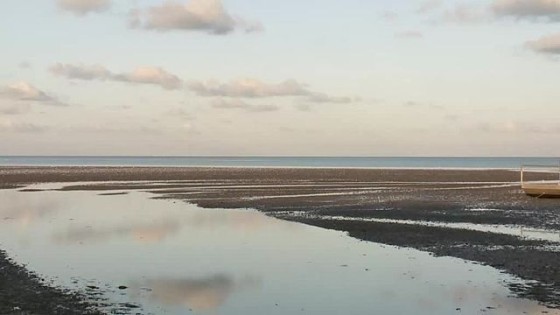Sleepless night leads to identification of sailor drowned 25 years ago


A sleepless night in Sweden has led to the identification of a man whose body washed up on the small island of Razende Bol between Texel and Den Helder in 1995, the Telegraaf reports.
DNA evidence has shown that the man, who was dubbed ‘the sailor of the Razende Bol’, is 59-year-old ‘Hans’ from Sundsvall in Sweden.
The maritime police in Den Helder, which had been trying to find out who the man was for the last six years, always thought he might be from Sweden, based on a Seiko watch he was wearing and a label in his clothing.
Earlier attempts to find the man, who had not been reported missing, via Swedish crime show Efterlyst did not yield any results.
This summer police decided to reopen the case and sent press releases to numerous Swedish papers. A woman who couldn’t sleep came upon the article in one, and read about a man who had, with little money and much creativity, built himself a yacht.
‘She thought: that could well be my uncle,’ maritime police officer John Welzenbach told the Telegraaf. ‘Apparently he was always an enterprising man and she knew he had gone missing after going on a sailing trip in 1995.’
The woman contacted Welzenbach directly and put him on the trail of her two nieces. They told him that their father had written to them after he left to say he had gone to Germany and Denmark. After that, all contact ceased and attempts to find out if he had renewed his passport came to nought. It is not known why the girls never reported their father missing.
DNA material from the two daughters produced a match. ‘They were grateful and happy to know what had happened to their father. The uncertainty was gone and that is very important when someone goes missing,’ Welzenbach said.
The sisters will be coming to collect the body from its nameless resting place in a Den Helder cemetery next year, Welzenbach said, and will also visit the place where he was found.
Wenzenbach said it was important for people to contribute DNA to the maritime police DNA bank if they have relatives who were lost at sea. ‘We are finding a lot of skulls and bones in the North Sea, some of which belong to people who drowned in the last 100 years. That means we can still find their relatives via DNA,’ he said.
Thank you for donating to DutchNews.nl.
We could not provide the Dutch News service, and keep it free of charge, without the generous support of our readers. Your donations allow us to report on issues you tell us matter, and provide you with a summary of the most important Dutch news each day.
Make a donation